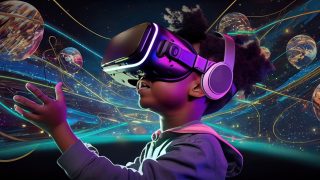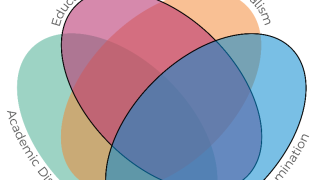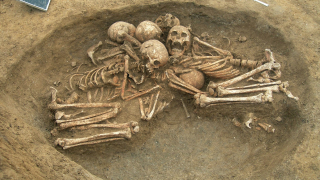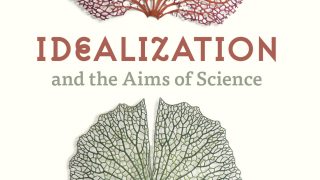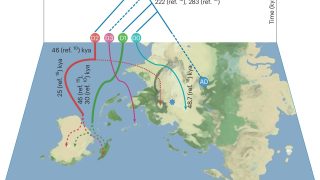
Multiple Denisovan interbreeding events with modern humans
Scientists believe individuals of the most recently discovered hominin group (the Denisovans) that interbred with modern day humans passed on some of their genes via multiple, distinct interbreeding events that helped shape early human history. In 2010, the first draft of the Neanderthal genome was published, and comparisons with modern human genomes revealed that Neanderthal […]




